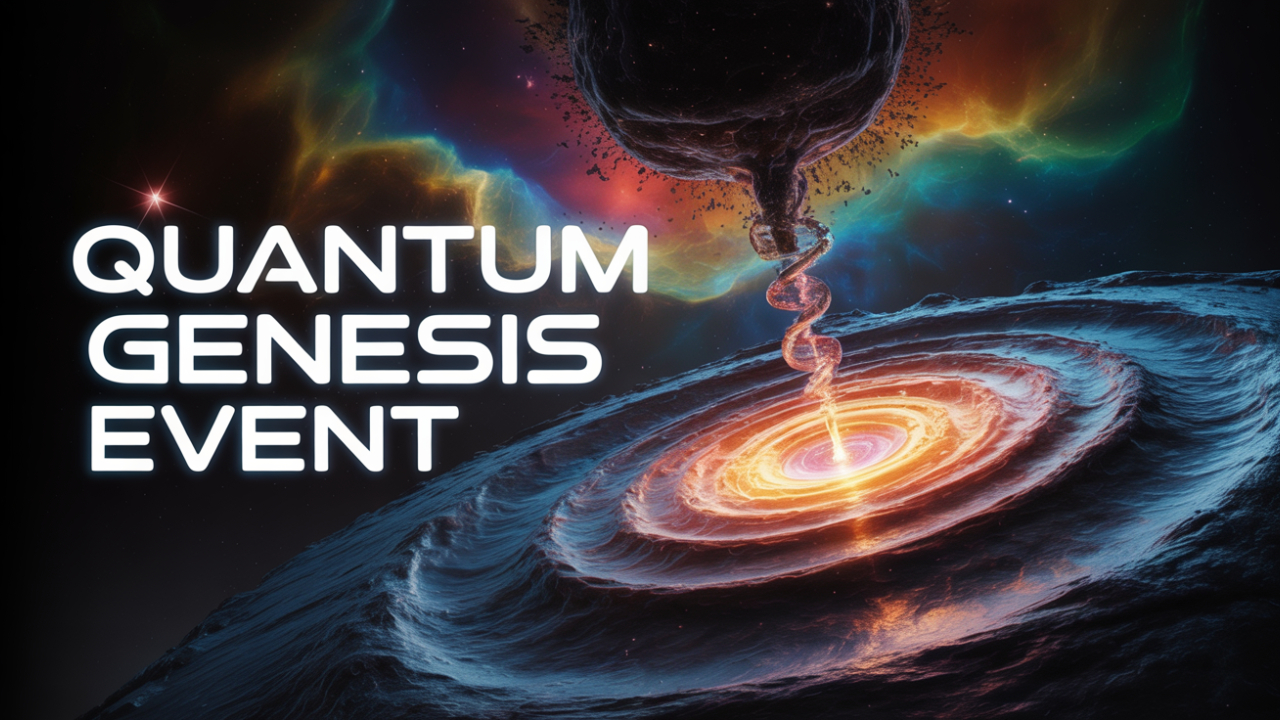
This course delves into the intersection of quantum mechanics and cosmology, exploring the fundamental principles that govern the universe's structure and evolution. Students will engage with advanced concepts, mathematical frameworks, and current research in quantum theories related to the cosmos.
Course Levels
-
Level 1: Introduction to Quantum Concepts
This level introduces the foundational concepts of quantum mechanics essential for understanding quantum cosmology.
-
Level 2: Classical Cosmology Basics
This level covers classical cosmology, providing a backdrop for understanding how quantum principles apply to cosmic scales.
-
Level 3: Quantum Field Theory in Cosmology
This level explores the application of quantum field theory to cosmological models, bridging quantum mechanics and general relativity.
-
Level 4: Quantum Gravity and Cosmology
This level focuses on theories of quantum gravity and their implications for cosmology, including groundbreaking research and hypotheses.
-
Level 5: Current Research and Future Directions
This level examines contemporary research in quantum cosmology and discusses future directions and unresolved questions.
Course Topics
-
1.3: Quantum States and Superposition
# Quantum States and Superposition ## Introduction to Quantum States In quantum mechanics, a quantum state is a mathematical object that fully describes a quantum system. The state contains all the ...
-
4.1: Overview of Quantum Gravity
# Overview of Quantum Gravity Quantum gravity is a theoretical framework that seeks to describe the gravitational force within the context of quantum mechanics. The challenge arises from the fundamen...
-
3.5: Quantum Fluctuations and Structure Formation
# Quantum Fluctuations and Structure Formation Quantum fluctuations are a fundamental aspect of quantum field theory and play a crucial role in the early universe's evolution. In this section, we wil...
-
3.1: Introduction to Quantum Field Theory
# Introduction to Quantum Field Theory Quantum Field Theory (QFT) is a fundamental framework in theoretical physics that combines classical field theory, special relativity, and quantum mechanics. It...
-
1.2: Wave-Particle Duality
# Wave-Particle Duality Wave-particle duality is one of the fundamental concepts of quantum mechanics that posits that every particle or quantum entity can be described as either a particle or a wave...
-
2.3: Dark Matter and Dark Energy
# Dark Matter and Dark Energy ## Introduction Dark matter and dark energy are two of the most intriguing and mysterious components of our universe. Together, they constitute approximately 95% of the ...
-
2.4: Expansion of the Universe
# Expansion of the Universe The concept of the expansion of the universe is a cornerstone of modern cosmology. It describes how the universe has been growing since the Big Bang approximately 13.8 bil...
-
1.1: Basics of Quantum Mechanics
# Basics of Quantum Mechanics Quantum mechanics is a fundamental theory in physics that describes the physical properties of nature at the scale of atoms and subatomic particles. It represents a sign...
-
1.5: Measurement Problem in Quantum Mechanics
# Measurement Problem in Quantum Mechanics ## Introduction The measurement problem in quantum mechanics is a fundamental issue that arises when attempting to understand how quantum systems behave dur...
-
2.2: Cosmic Microwave Background Radiation
# Cosmic Microwave Background Radiation ## Introduction The Cosmic Microwave Background Radiation (CMB) is one of the most significant pieces of evidence supporting the Big Bang theory. It is the aft...
-
1.4: Quantum Entanglement
# Quantum Entanglement Quantum entanglement is one of the most intriguing phenomena in quantum mechanics, showcasing the profound interconnectedness of quantum particles. It represents a scenario whe...
-
2.5: General Relativity and Spacetime
# General Relativity and Spacetime ## Introduction to General Relativity General Relativity, proposed by Albert Einstein in 1915, is a fundamental theory in modern physics that describes gravity not ...
-
3.3: Vacuum Energy and Cosmological Constant
# Vacuum Energy and Cosmological Constant In the realm of quantum field theory and cosmology, **vacuum energy** and the **cosmological constant** (denoted as Λ) play crucial roles in our understandin...
-
2.1: The Big Bang Theory
# The Big Bang Theory The Big Bang Theory is the prevailing cosmological model that describes the early development of the universe. This theory explains how the universe expanded from an initial sta...
-
3.2: Quantum Fields in Curved Spacetime
# Quantum Fields in Curved Spacetime ## Introduction Quantum Field Theory (QFT) traditionally operates within the framework of flat spacetime, where the metric is constant. However, our universe is n...
-
4.2: Loop Quantum Gravity
# Loop Quantum Gravity Loop Quantum Gravity (LQG) is a theoretical framework that aims to merge the principles of quantum mechanics with general relativity. This section will explore the fundamental ...
-
3.4: Particle Creation in the Early Universe
# Particle Creation in the Early Universe In this section, we will explore the fascinating phenomenon of particle creation in the early universe, a crucial aspect of Quantum Field Theory (QFT) in the...